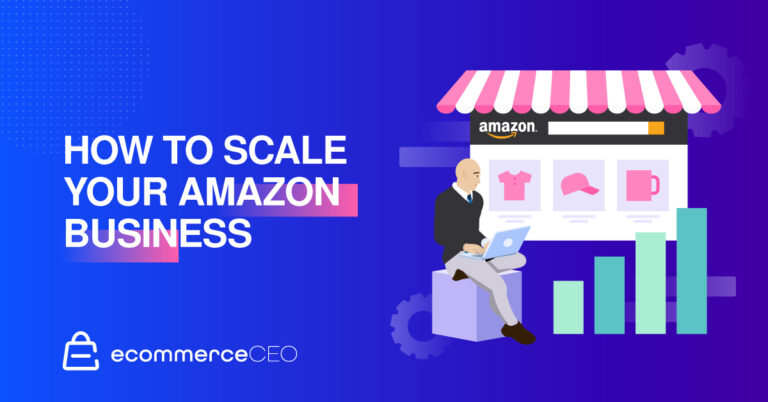
Will 2023 finally give digital businesses a reprieve from the pandemic-fueled madness of the past two years? Or are we slated for more of the same?
Forrester’s Predictions 2023: Commerce report claims “2023 will be the year commerce operations take center stage.”
That’s because companies are done paying the price for unrealistic (and unprofitable) delivery promises, complex commerce projects and touchpoints that don’t convert. In 2023, Forrester predicts companies will prioritize commerce “moments” they know work, while doubling down their investments in the most powerful commerce technology.
5 Tech-Fueled Commerce Changes in 2023
Forrester says commerce operations will take center stage over any one tactic or channel as a way of recouping losses from the past two years. Here’s how:
1. Companies will dial back promises in favor of operations that recover costs.
Brands and retailers have long focused on reducing consumer barriers to purchase with tactics like overnight delivery and unlimited returns policies. But these promises have stretched companies thin and aren’t profitable.
Instead, they’ll focus their energy on “needle-movers” like free shipping (which 75% of US online adults say influence their purchase decisions), optimized fulfillment and transparent inventory. How? By doubling down on cloud-based order management systems that streamline shipments and creatively manage every aspect of fulfillment.
2. Supplier alliances will advance the industrial “endless aisle.”
2022 saw Amazon, The Home Depot and Gap, Inc. launch ventures into optimizing fulfillment. Forrester predicts that as many as three B2B mega-distributors will take a stab at solving inventory woes by fulfilling orders from multiple sellers’ inventories, creating a virtual “endless aisle.” This means no supplier will be out of stock until they’re all out of stock. In a joint effort to support B2B’s massive growth, brands and distributors will form alliances that prioritize customer service while boosting demand planning.
3. Businesses will swap homegrown, legacy tech for reliable systems.
Did e-commerce companies overextend themselves the past two years? Forrester data shows a third of digital businesses will abandon complex commerce technology — typically those that are proprietary or legacy. Instead of playing “software company,” they’ll embrace the most custom and flexible commerce tech, leaving ecosystem management to the experts.
4. Chat will take center stage among touchpoints.
It may not be an operational improvement, but Forrester predicts firms will also invest deeper in chat and messaging apps that support sales. That’s because in 2022, 42% of US online adults used chat to communicate with brands, which showed a greater propensity to purchase. Forrester anticipates that in response, brands and retailers will invest deeper in two-way, text-based messaging, while adding chat to touchpoints like search results in browsers and maps.
5. Entertainment will join the direct-to-consumer (D2C) menu.
Now that Amazon and Walmart have broken into the entertainment industry via their deals with NFL Thursday Night Football and Disney+/Paramount+, respectively, Forrester foresees other digital businesses and platforms will follow suit. Could Netflix be next?
Secondly, “transactable ads” (or display ads that lead to purchase) will drive greater connections to consumers. In 2023, the research firm predicts that at least 25 brands will test these direct connections across Snapchat, TikTok and even TV.
Download the full Forrester report, Predictions 2023: Commerce, for additional research and advice on making 2023 a successful year.




![[Guest Blog] Top Finance Tips for High-Volume E-Commerce Businesses](https://technobabble.com.au/thegatewaynetau/wp-content/uploads/sites/11/2021/03/guest-blog-top-finance-tips-for-high-volume-e-commerce-businesses-768x340.jpg)